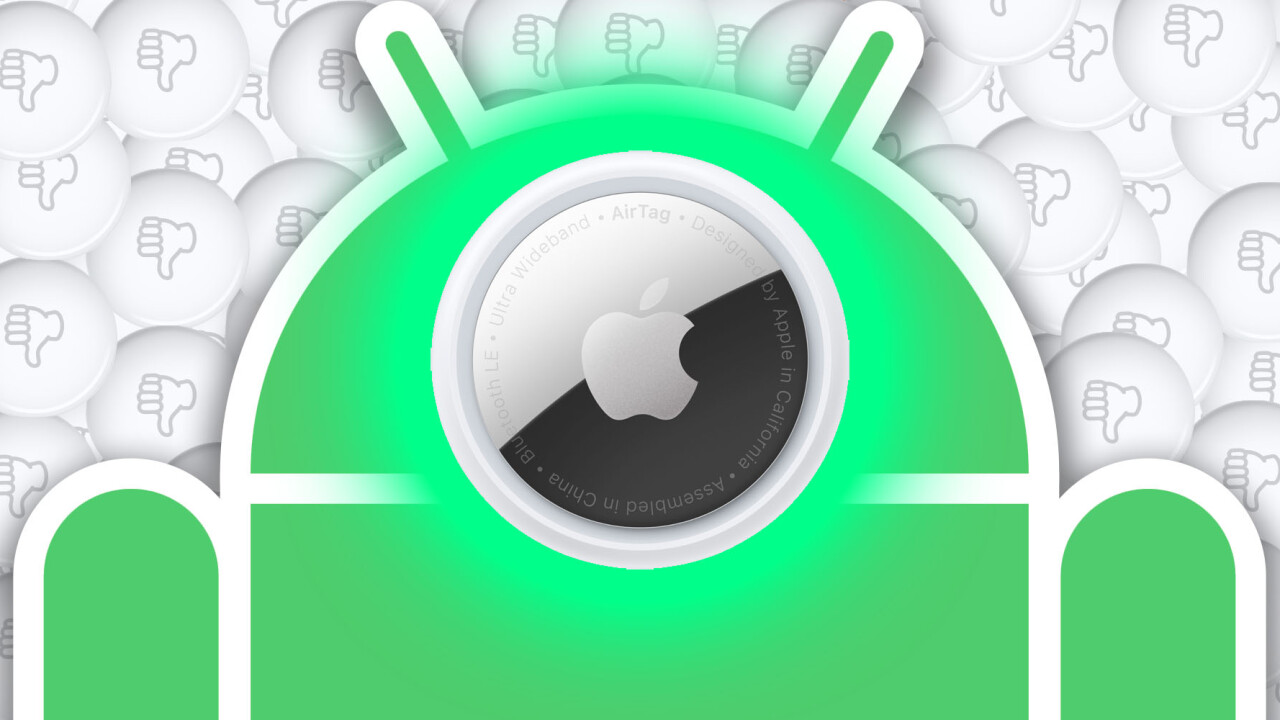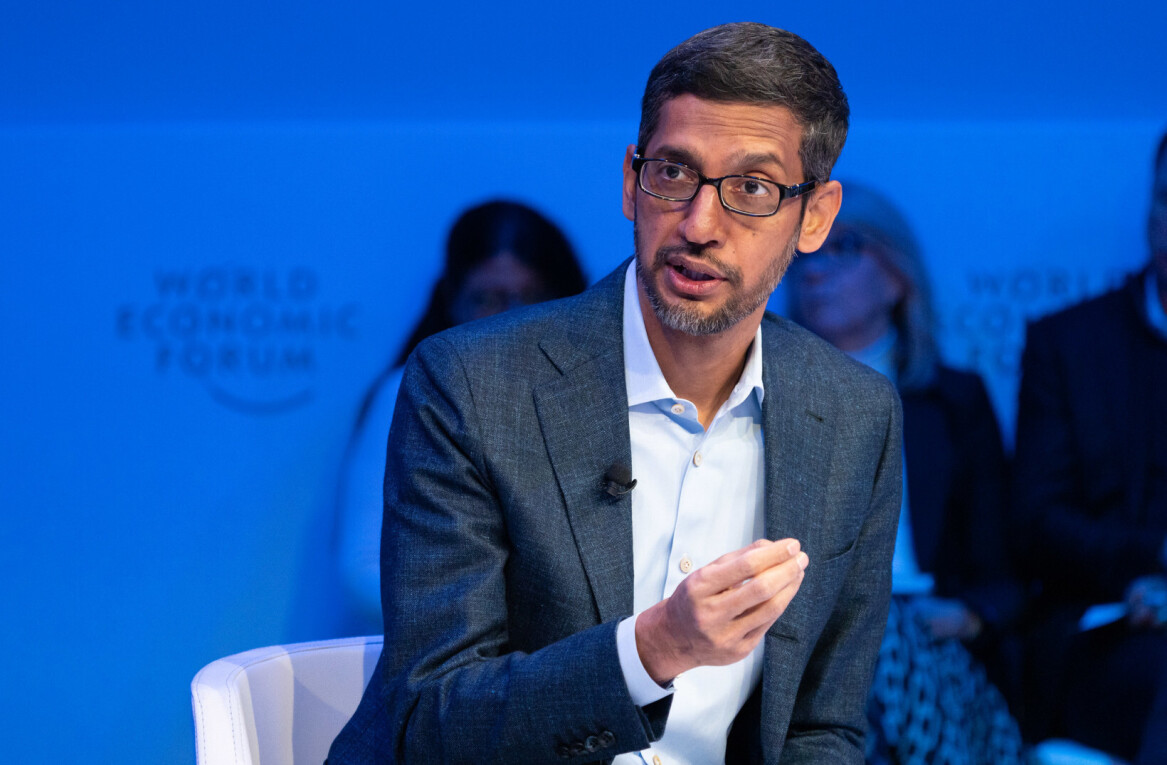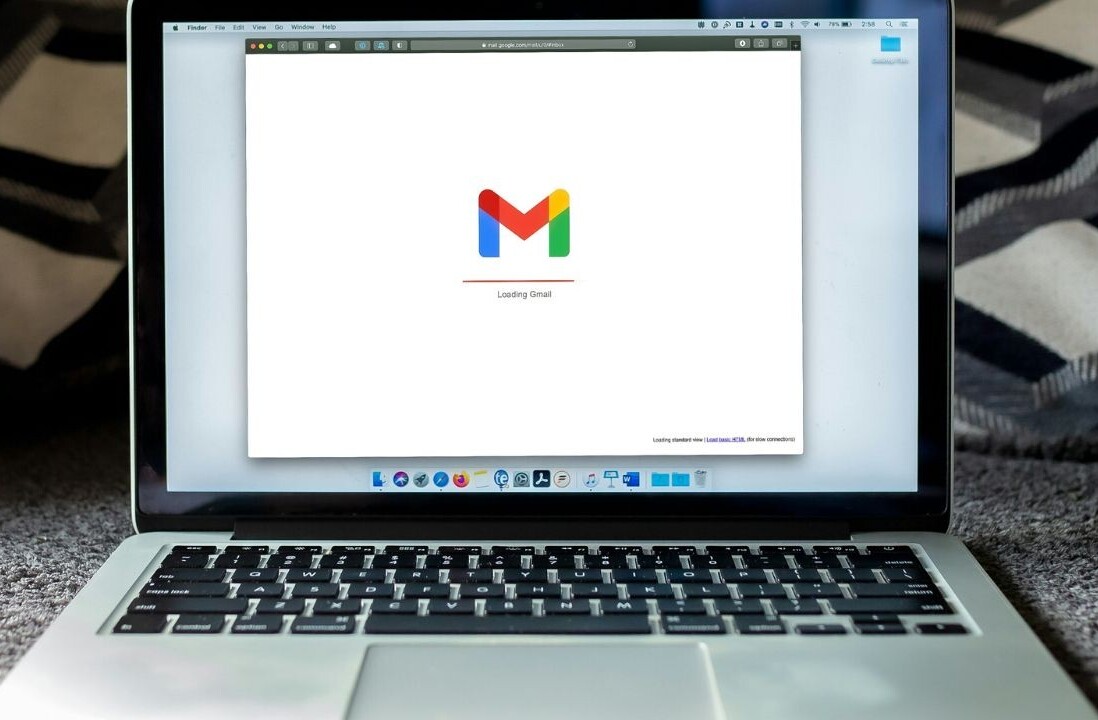
Apple‘s AirTags are really good at finding misplaced items, but that same ability makes them an alarmingly effective stalking tool in the wrong hands. And while the company has implemented numerous ways of alerting iOS users about nefarious AirTags use, Android users remain at risk unless they download and pro-actively check Apple’s Tracker Detect app (or third-party alternatives).
Google might now be working on a native solution to protect against stalking by AirTags and similar tracking devices. As spotted by 9to5Google, version 22.12.13 of Google Play Services includes code referencing ‘Unfamiliar device alerts’ and ‘Unfamiliar Tag Detected Notification.’
There are also specific strings referencing ‘Tile tag’ and ‘ATag,’ the latter presumably meaning AirTags. There’s also a third mention of a ‘Finder Tag,’ which could be an unreleased device or a stand-in for trackers in general.
9to5Google also notes that you might be able to manually ring these tags on your phone to quickly locate them, and it appears these new features might make their way to Android’s ‘safety & emergency’ settings menu.
While we can’t confirm the feature will be publicly available anytime soon, Apple has all but forced Google’s hand here.
AirTags aren’t inherently bad, nor is their hardware dramatically superior to similar devices. But, as my colleague Callum Booth recently wrote, the problem is that AirTags “have normalized and popularized trackers in a way we’ve never seen before,” a fact made more troubling by Apple’s massive Find My network, especially in urban settings.
Apple users are warned about nearby AirTags by default via multiple notifications, significantly minimizing the risk of long-term stalking. But there’s so far been no such functionality in Android, leaving the majority of smartphone users vulnerable unless they take proactive steps to look for tracking devices.
Hopefully, automated tracker detection comes sooner rather than later. As trackers become more popular than ever, it’ll take coordination by the tech industry at large to minimize harm as much as possible. We’ve contacted Google for more information and will update this post if we hear back.
Get the TNW newsletter
Get the most important tech news in your inbox each week.





